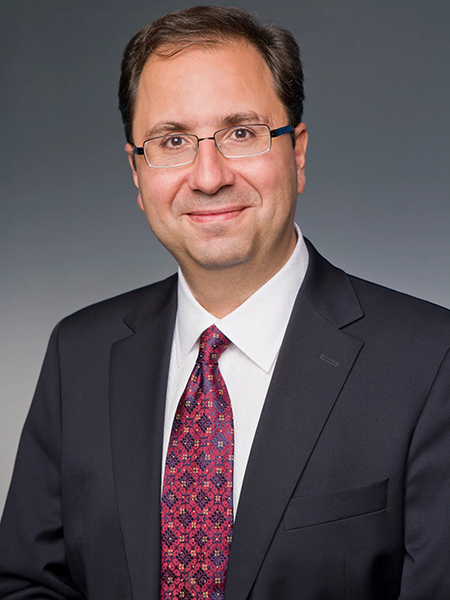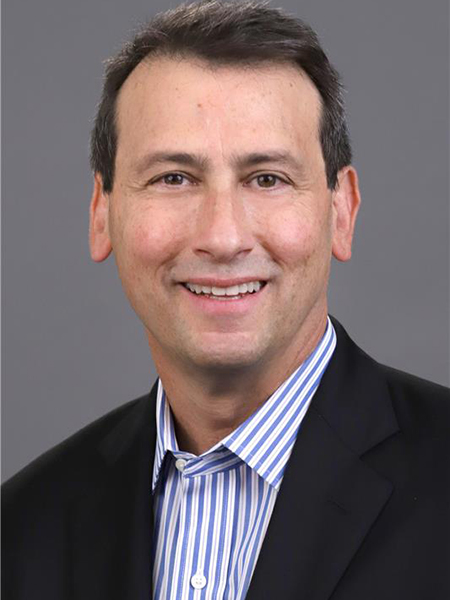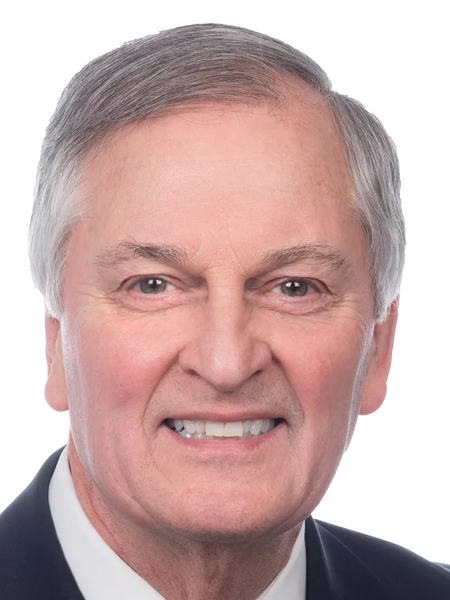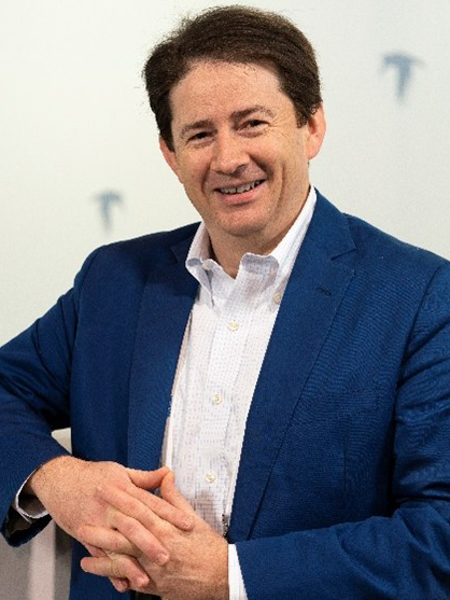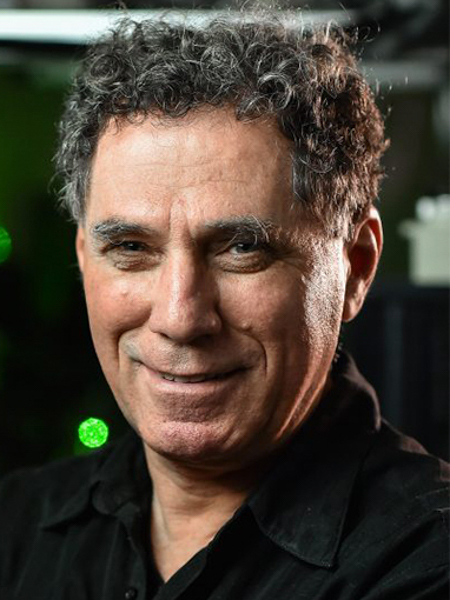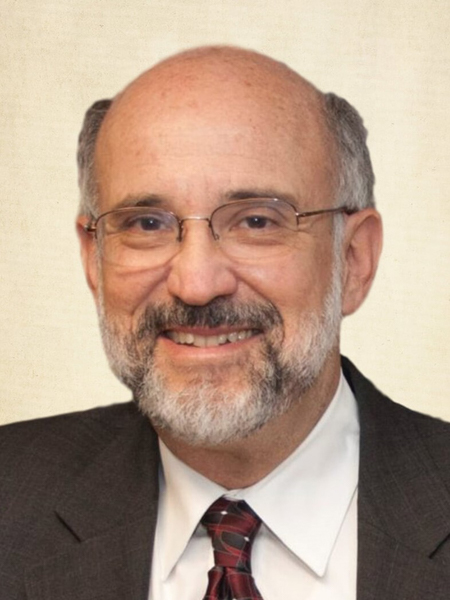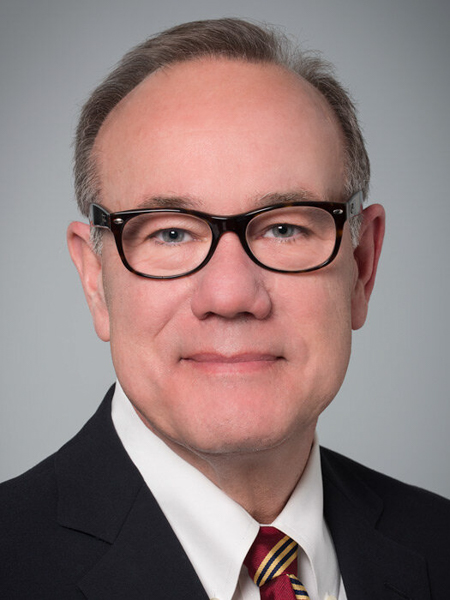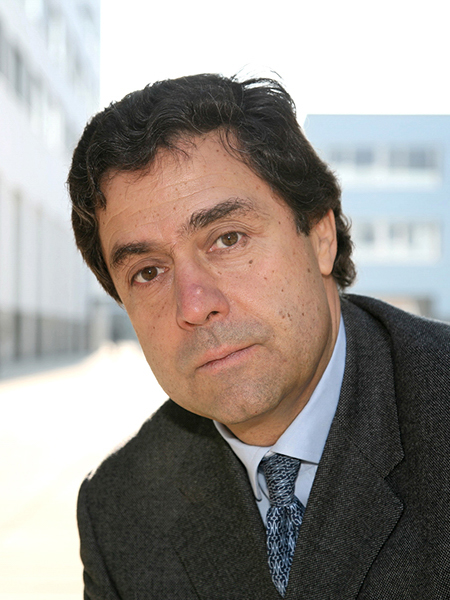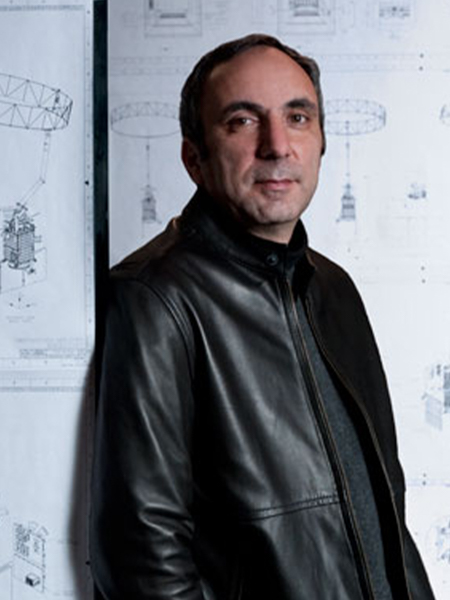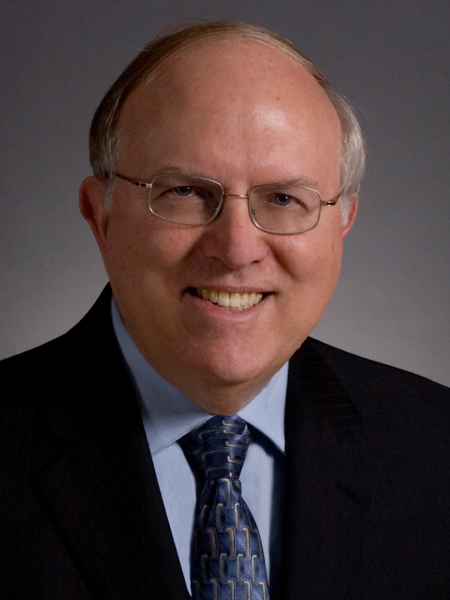Participants in Neil Armstrong Distinguished Visiting Professors program reflect on the impact of their collaborations
Now in its fifth year, the Neil Armstrong Distinguished Visiting Professors (NADVP) program is mutually beneficial to College of Engineering faculty and the scholars and practitioners selected for the cohort.
The program is named in honor of Purdue’s most iconic alumnus. Armstrong (BSAE ’55, HD ’70) became a household name when he was the first person to walk on the moon in 1969 and is widely considered a symbol of human achievement.
The scholars, who visit for several weeks each year over the course of their appointments, are preeminent in their fields and are typically fellows of the U.S. National Academies of Science, Engineering and Medicine. During their visits, they collaborate on projects and initiatives with Purdue Engineering’s world-class academic leaders, forming partnerships that aid in the fellows’ work and visibility while also bolstering Purdue Engineering’s influence in research, engagement and education.
Since its inception, Purdue Engineering has welcomed 10 highly accomplished intellectuals to campus to share their expertise.
Keyvan Esfarjani (2025-2027)
A Purdue University alumnus, Esfarjani earned both his bachelor’s and master’s degrees in industrial engineering and operations research in 1992 and 1994, respectively. He is also an alumnus of the Stanford Graduate School of Business, having completed the Stanford Executive Program in 2004. Esfarjani has been recognized for his professional contributions with Purdue’s Outstanding Industrial Engineer Award in 2022 and the Distinguished Engineering Alumnus Award in 2023. He currently serves as a director of the Purdue Research Foundation and co-chair of Purdue’s Semiconductor Degrees Leadership Board, where he contributes to the advancement of semiconductor talent development.
Esfarjani is hosted by the Edwardson School of Industrial Engineering and the Elmore Family School of Electrical and Computer Engineering.
Read more about Esfarjani’s upcoming visit here.
Theodore (Ted) S. Rappaport (2024-2027)
Rappaport, the David Lee/Ernest Weber Professor at New York University, earned three degrees in electrical engineering from Purdue (BS ’82, MS ’84, PhD ’87). His research on millimeter-wave frequency bands for Wi-Fi and cellular use has shaped international wireless standards. He is the author of 24 books, including widely used textbooks, and holds more than 100 U.S. and international patents.
Rappaport is hosted by faculty in the Elmore Family School of Electrical and Computer Engineering: David Love, the Nick Trbovich Professor of Electrical and Computer Engineering; Michael D. Zoltowski, the Thomas J. and Wendy Engibous Professor of Electrical and Computer Engineering; Edward J. Delp, the Charles William Harrison Distinguished Professor of Electrical and Computer Engineering; and James V. Krogmeier, professor.
Read more about Rappaport’s impact here.
Ronald Latanision (2023-2026)
A current NADVP, Latanision is a professor and director emeritus at the Massachusetts Institute of Technology and a senior fellow and principal scientist at Exponent, an engineering and scientific consulting firm. His research lies in materials processing and the corrosion of metals and other materials in aqueous (ambient as well as high temperature and pressure) environments.
In his first year as a visiting professor, he was hosted by the Edwardson School of Industrial Engineering, working with Professor Srinivasan Chandresekar’s group and providing a seminar on the evolution of the materials genome initiative.
His collaboration with IE contributed to Purdue’s research into understanding environment-assisted failures in metals and “how we can use controlled fracture to improve manufacturing processes with metals,” Chandresekar said. “We have joint publications with Prof. Latanision on both of these topics and envisage more in the years ahead.”
Read more about Latanision’s impact here.
Marcus Weldon (2023-2024)
Marcus Weldon helps companies and institutes of all sizes formulate their technical and innovation strategies for the next industrial revolution.
As a NADVP, Weldon worked with faculty and students in the Elmore Family School of Electrical and Computer Engineering, delivering a lecture series targeted at the start-up community and providing career advice and guidance to students and companies in the John Martinson Entrepreneurial Center. He also engaged deeply with the students in ECE’s Ideas to Innovation class, providing general advice as well as specific feedback on their proposals and projects.
“He spoke on how to think about innovation, how to identify important problems and how to tackle them,” said Milind Kulkarni, the Michael and Katherine Birck Head and Professor of Electrical and Computer Engineering. “ECE was very happy to have someone of Dr. Weldon’s caliber act as a mentor and sounding board to our professional master’s students.”
Read more about Weldon’s impact here.
Mordechai “Moti” Segev (2021-2026)
Also a current NADVP, Mordechai “Moti” Segev is the Robert J. Shillman Distinguished Professor of Physics and Electrical Engineering at the Technion, Israel, where his primary interests are nonlinear optics, photonics, solutions, sub-wavelength imaging, lasers, quantum simulators and quantum electronics.
“He ‘bended’ condensed matter physics to explore an exciting new field in optics — namely, topological photonics,” said Sasha Boltasseva, the Ron and Dotty Garvin Tonjes Professor of Electrical and Computer Engineering.
She and Vladimir Shalaev, the Bob and Anne Burnett Distinguished Professor of Electrical and Computer Engineering, co-lead the photonics team, which is the primary host for Segev’s visits.
“The impact ranges from seminal achievements in fundamental science of light and light-matter interactions to co-mentoring Purdue students and postdocs,” Boltasseva said.
Read more about Segev’s impact here.
Enrique Iglesia (2021-2023)
At the time of his fellowship at Purdue, Enrique Iglesia was a professor at the University of California, Berkeley, where his research centered on catalysts — compounds that speed up or facilitate specific chemical reactions. In October 2023, he returned to Purdue as a full-time faculty member, appointed as the Michel Boudart Distinguished Professor of Chemical Engineering. He brought with him all of his research, making him a key member of the Purdue Catalysis Center.
“He engaged with the students during his visits and was so impressed with them that he decided to move to Purdue,” said Fabio Ribeiro, the William Nicholas and Elizabeth Holstein Professor of Chemical Engineering, who has known Iglesia for more than 40 years.
“He is creative, focused, has a vision of the field and cares about education and students. He is the complete package in academia. It is always a treat to have technical discussions with him, as we always learn and are impressed by his insights,” Ribeiro said.
Read more about Iglesia’s impact here.
Randall Poston (2019-2022)
Randall Poston, a senior principal at Pivot Engineers consulting firm in Austin, Texas, has championed the repair of existing structures for upward of 30 years and is one of the preeminent structural consultants in the United States.
Poston collaborated with faculty and students in Purdue’s Intelligent Infrastructure Systems Lab to explore how computer vision and machine learning support automation tasks involved in structural deterioration and defect detection, diagnosis and rehabilitation.
Julio Ramirez, the Karl H. Kettelhut Professor of Civil Engineering, and the Purdue team collaborated with Poston on proposals for wider use of AI in infrastructure evaluation and rehabilitation regarding work like the Purdue Joint Transportation Research Program-funded project, “Predictive Analytics for Quantifying the Long-term Cost of Defects during Bridge Construction.” This 36-month project resulted in a computer tool for the Indiana Department of Transportation (INDOT) to assess the impact of defects during construction on the life-cycle costs of the bridge deck.
“Subsequently, INDOT funded a follow-up two-year project to include voids and the effect of interventions during the life of the bridge,” Ramirez said.
Read more about Poston’s impact here.
Andrea Rinaldo (2019-2021)
Andrea Rinaldo (PhD CE ’83), a faculty member at Ecole Polytechnique Fédérale de Lausanne and at the University of Padova, Italy, is renowned as the co-founder of the field of ecohydrology (interactions between water and ecosystems) and for his theory of self-organized fractal river networks and efficient transport networks.
“His insights into diverse research topics in linking hydrology and ecology and linking network science to complex systems inspired the groups he met,” said Suresh Rao, professor emeritus in the Lyles School of Civil and Construction Engineering. He and Satish Ukkusuri, the Reilly Professor of Civil Engineering, served as co-hosts for all of Rinaldo’s visits, campus events and meetings with faculty, students and various administrators.
Rao stated that recognizing and utilizing highly distinguished alumni like Rinaldo “will allow the campus community to form important connections both intellectually and personally and have long-term benefits.” He added that Rinaldo was instrumental in establishing collaborations with several Italian colleagues, which continued until Rao’s retirement in 2023.
Read more about Rinaldo’s impact here.
Dara Entekhabi (2019-2021)
Dara Entekhabi, of the Massachusetts Institute of Technology, is an expert in hydrological remote sensing and formerly served as science team leader for the NASA Soil Moisture Active Passive (SMAP) satellite mission.
While on campus, Entekhabi and Professor James Garrison, his host in the School of Aeronautics and Astronautics, identified measurement gaps in the science surrounding Garrison’s research on signals of opportunity. They formulated a two-part course in which students developed a complete Earth observation satellite mission design. Enrollment was limited to 12 students with balanced participation between engineering students and science/applications students.
Read more about Entekhabi’s impact here.
Paul Bevilaqua (2019-2021)
Paul Bevilaqua (MSAAE ’68, PhD ’73), a retired chief engineer at Lockheed Martin Skunk Works, is renowned for inventing the lift fan propulsion system in the F-35 joint-strike fighter.
As part of the NADVP program, Bevilaqua gave a three-day short course, “Introduction to V/STOL Theory and Practice,” participated in the Industrial Advisory Council’s ethics panel, and met with faculty and students.
“He has endless enthusiasm for the subject of aerodynamics,” said Alexey Shashurin, associate professor in the School of Aeronautics and Astronautics (AAE), who was one of Bevilaqua’s hosts. “I was amazed to watch Paul, whose entire career was devoted to the development of complicated aerodynamic systems, exploring the most basic question of aerodynamics that has been addressed/researched/answered a million times by now — ‘Why do planes stay in the air?’”
Bevilaqua also was hosted by William Crossley, Uhrig & Vournas Head of Aeronautics and Astronautics.
Read more about Bevilaqua’s impact here.


